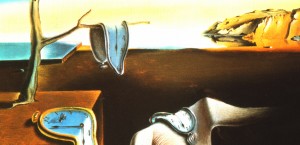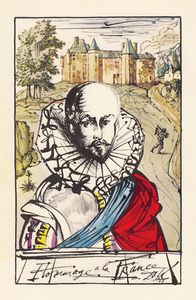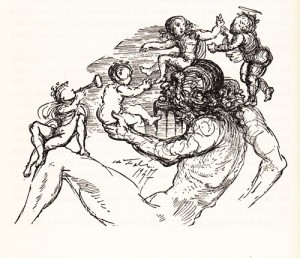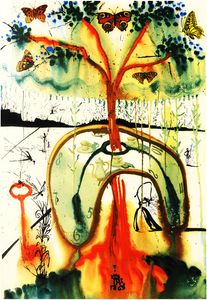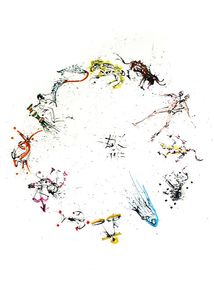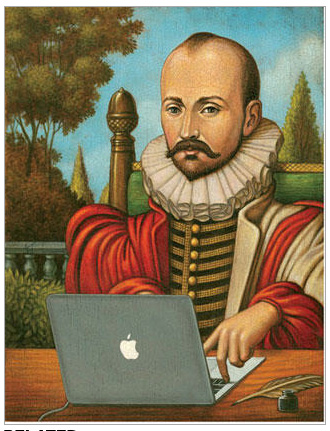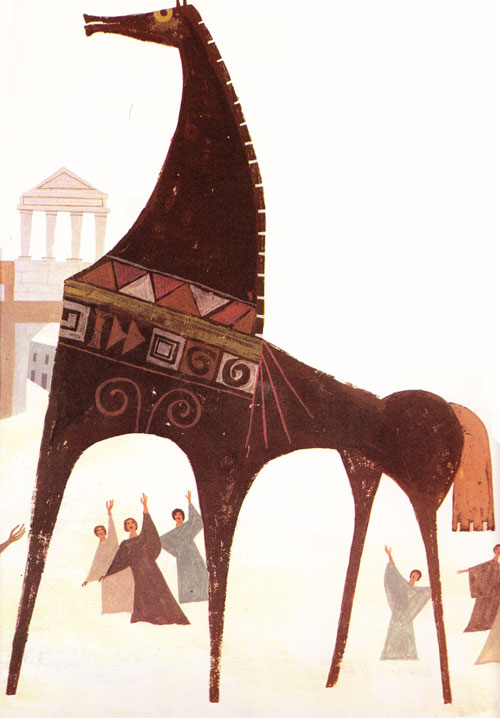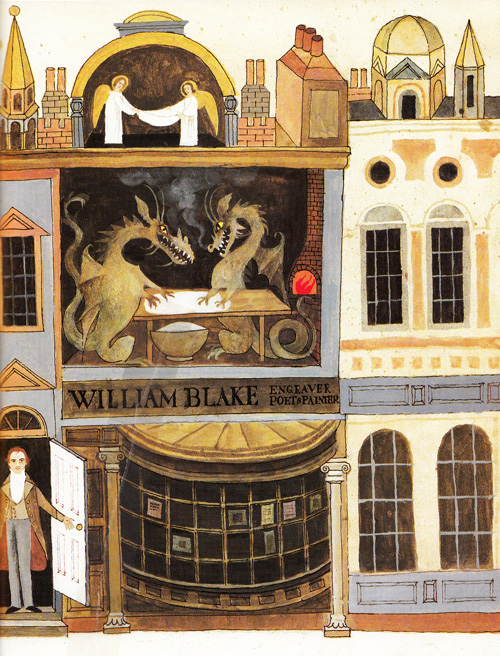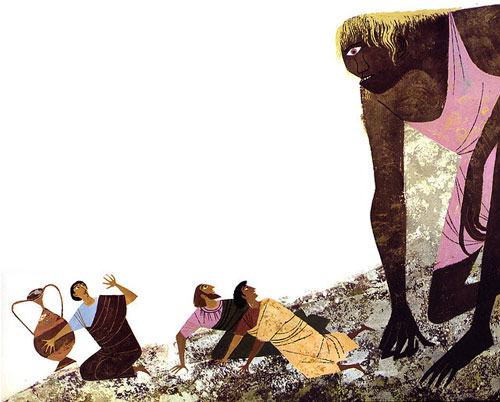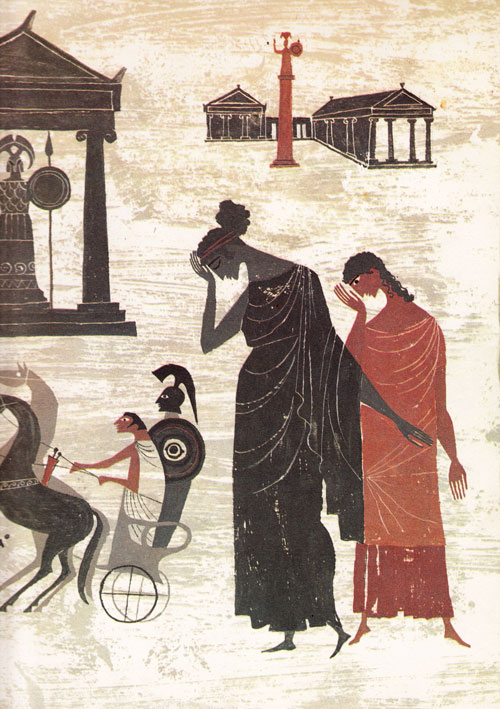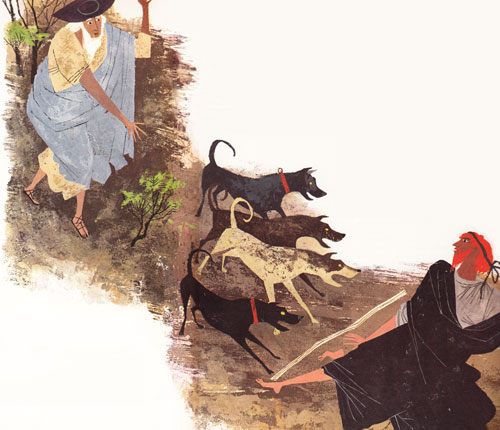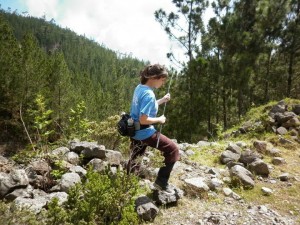When we think of great artists, unless we are expert scholars of them, we tend to think of their most popular masterpiece(s). The name Van Gogh brings to mind Starry Night, while Da Vinci makes one immediately think of the Mona Lisa. For Salvador Dali it may very well be The Persistance of Memory, or “that one painting with the melting clocks”.
But for those who want a deeper taste of an artists works, it is the lesser known pieces and sketches that truly excite, similar to how devoted music fans devour demos and obscure bootlegs. For Maria Popova on Brain Pickings, this comes in the form of Dali’s illustrations for Montaigne’s Essais, Carroll’s Alice in Wonderland and the twelve signs of the western zodiac.
Of particular interest to the Core are the illustrations for a rare 1947 edition of 16th century French writer Michel de Montaigne’s Essais that CC201 students have been studying of late. A portrait of the author retains the austere composure of period portraits while utilizing a much more loose, colorful style.
For essays such as “On the Education of Children”, Dali created thought-provoking drawings that are perfect accompaniments to the essays themselves.
Equally fascinating are the surrealist’s illustrations for a 1969 edition of Lewis Carroll’s beloved Alice in Wonderland. Even more abstract than the previous works, these seem to fit in well with the period in which they were created. The drawing for the mad tea party even contains a viscous clock face like that in The Persistence of Memory.
Finally, but certainly not less interesting, are Dali’s 1967 drawings of the twelve classical zodiac signs. The series culminates in a stunning illustration that shows the formation of all twelve signs together.
If you have a moment or two, take a look at the artwork in the links and let us know which is your favorite.
